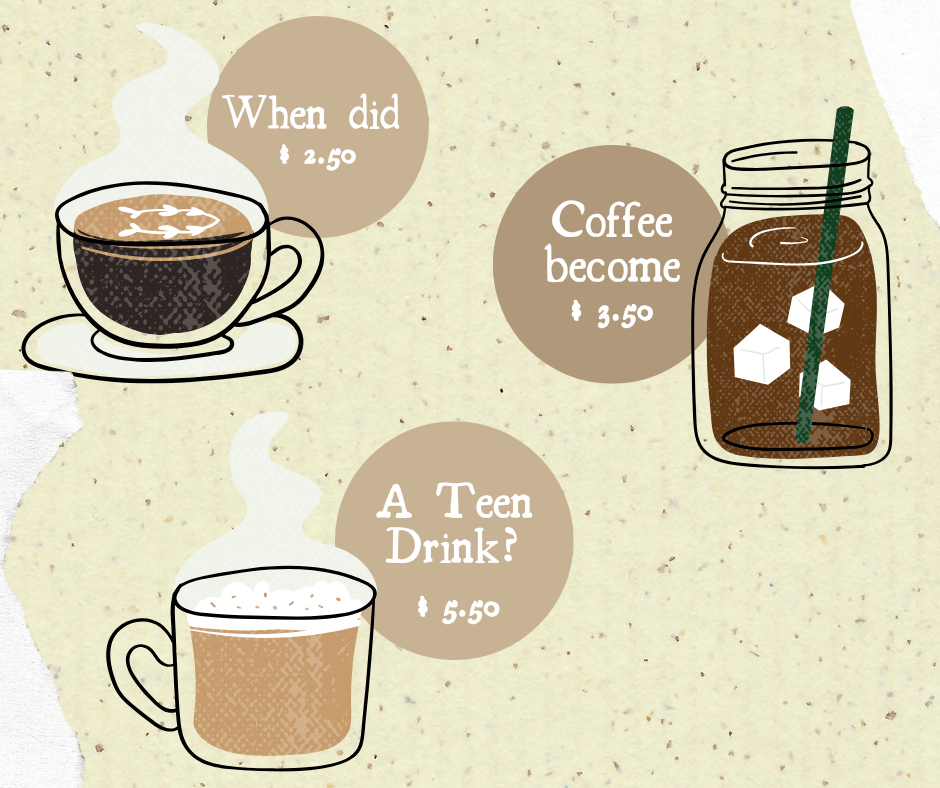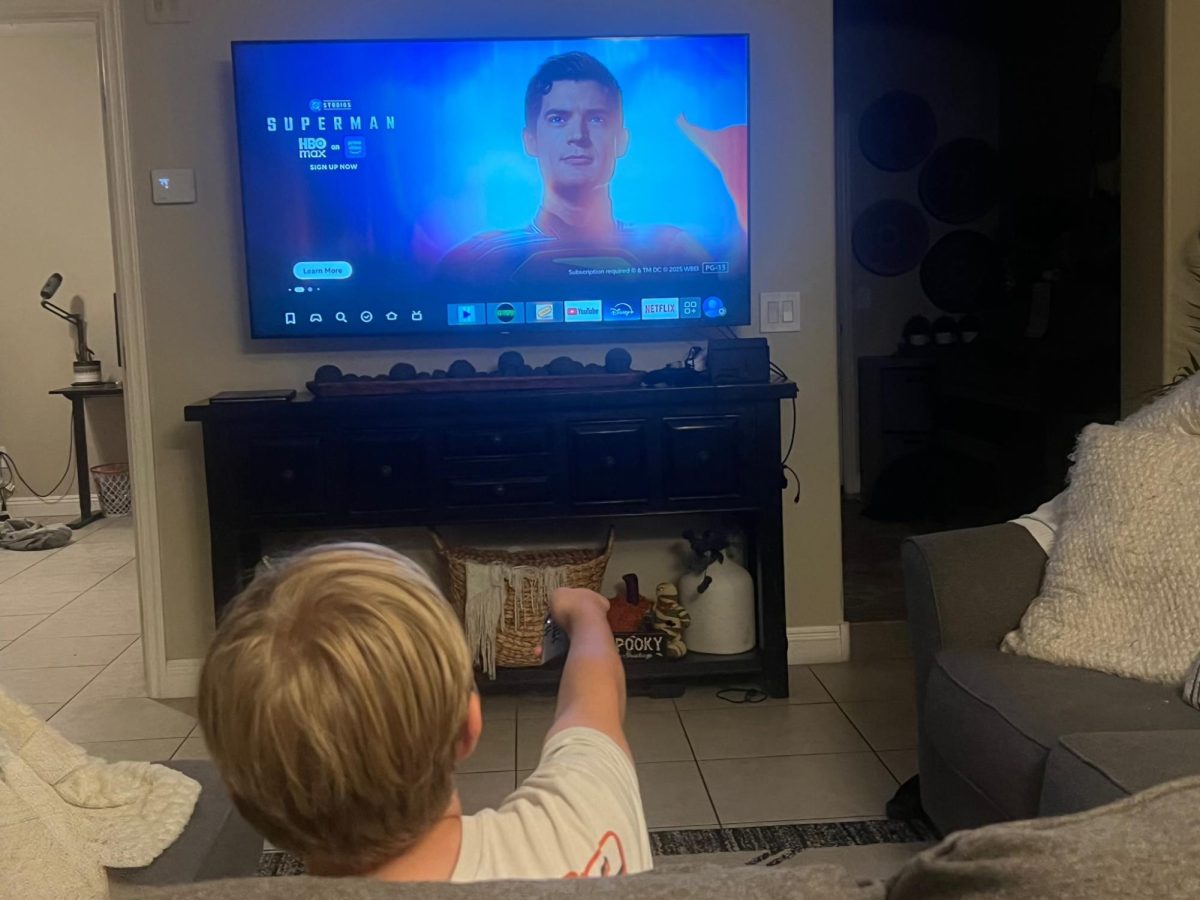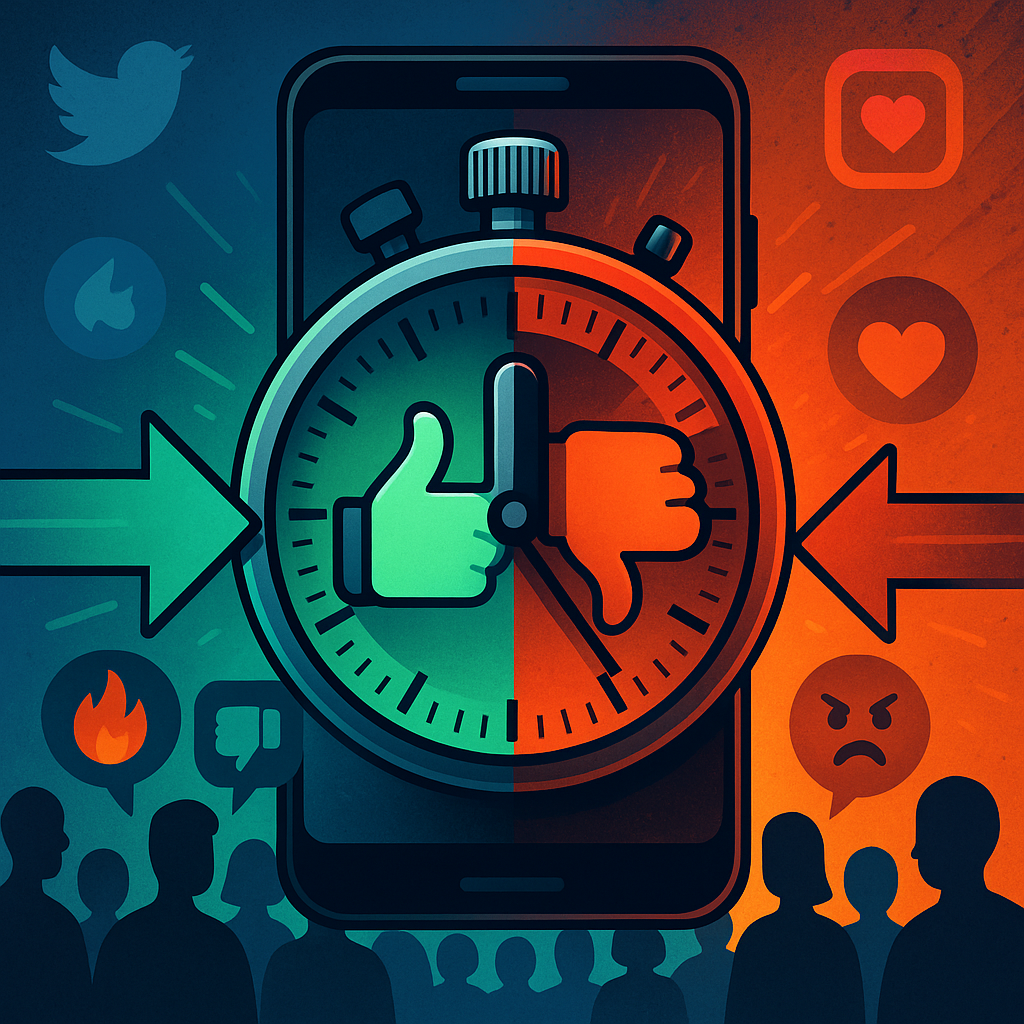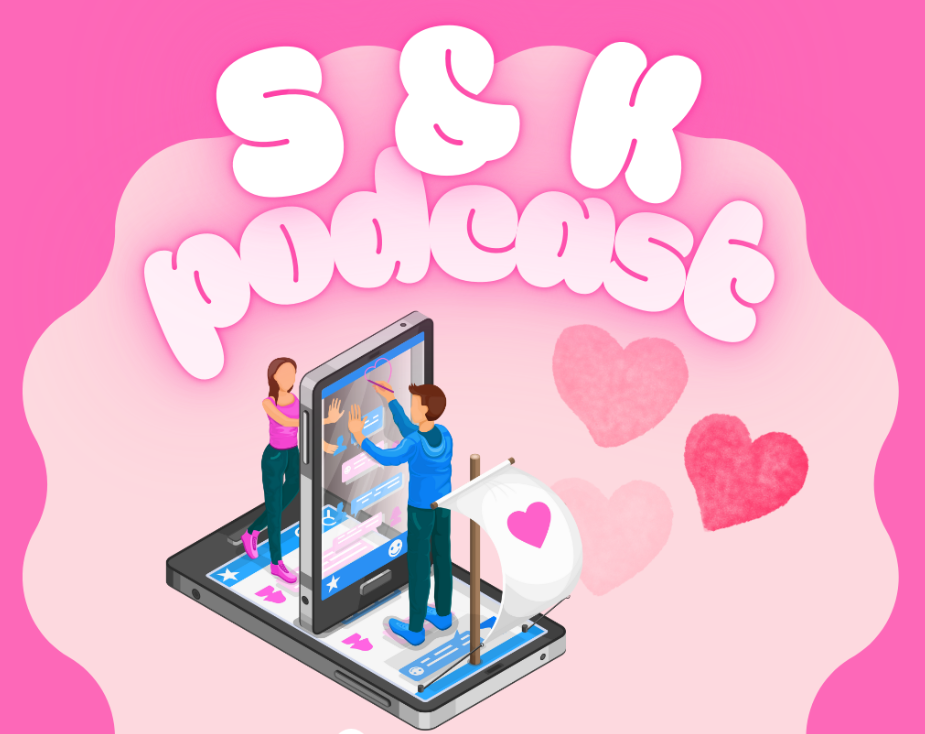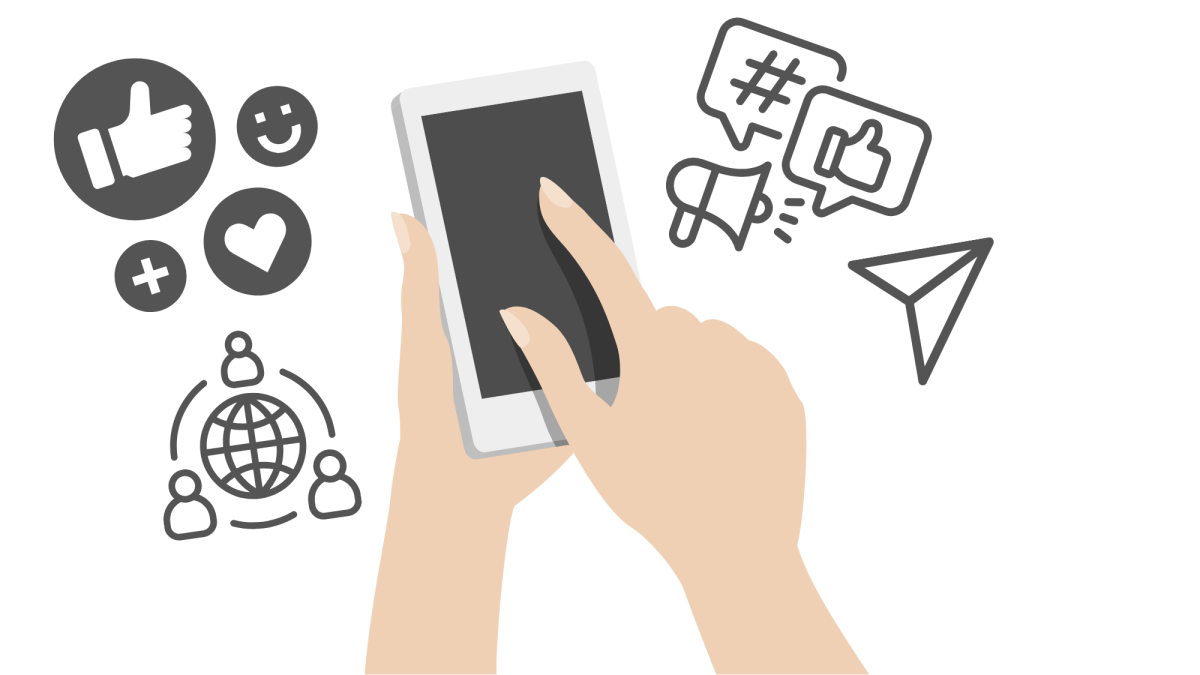After years of evolutionary advancement, mankind’s attention spans are getting smaller and smaller at an alarming rate, so much so that humans are being compared to goldfish. It is said that social media is to blame, however, there are multiple different ways to stay attentive and focused on activities and tasks, while social media provides a type of instant gratification that keeps focused and attentive.
The reason why people think that attention spans among kids and adults are going down is because of the rise of social media and short-form content. Before social media platforms like Instagram and Tik Tok came to be, long-form content on YouTube or in movie theaters was the best form of entertainment. Now, it seems that videos under three minutes or less are the ideal length for content.
So, why can’t people focus on long-form content anymore? Well, it is not that people cannot focus on long-form content anymore, it is that people are too lazy to focus on long-form content.
The simplicity and availability of having and using a cell phone comes so naturally that people have grown to be lazy when it comes to entertainment, some might not even recognize this as a lazy habit. This is especially common among the younger generations. Gen Z, and now Gen Alpha, have the privilege of growing up with a device in hand. It is often forgotten that a cell phone is a privilege, not a right. When posts about lowering attention spans go viral, consumers start to think because they enjoy scrolling endlessly through social media rather than watching a movie or participating in a hobby of theirs, that they must have a short attention span as well. Therefore, the problem is that many people are so used to going on their phones for entertainment that they see hobbies or even movies as redundant.
So how can society learn to put down their cell phones and do something better and worthwhile with their time? Firstly, a level of discipline needs to be implemented within ourselves. Being able to tell yourself no and putting down your phone instead of picking it up is a reflex and a habit that can be broken with time. Any time spent doing something productive like getting work done or doing an activity is better than watching quick clips online. Nevertheless, you’re never truly free of all distractions.
Screens pose as a unique and easily available device of distractibility, with their constant flow of notifications and information. The internet was designed to capitalize on how people think and interact with electronics, so it’s not a surprise that we are drawn to it. People have developed an incessant need to check their phones for any notifications all throughout the day, and sometimes can even feel anxious if they haven’t checked their notifications in a little while.
Human brains want newness, excitement, and social connection, and devices provide just those desires. Seeing a notification flashing across your screen can provide a small hit of dopamine, creating a sense of reward that keeps one coming back for more. However, the internal reward of pursuing your hobbies and being free from your phone is much more rewarding.












